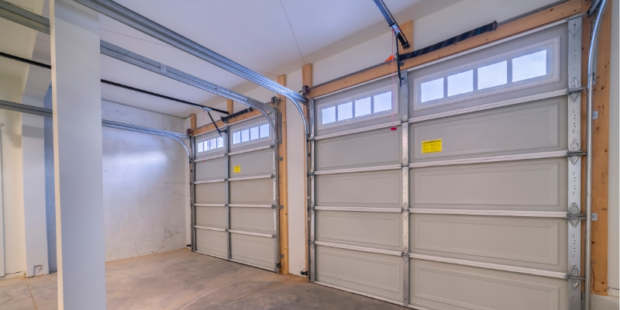When it comes to building a new patio, driveway, or walkway, homeowners often face the same question: are pavers cheaper than concrete? The answer isn’t as straightforward as you might think. While concrete usually wins in terms of upfront cost, pavers may offer long-term savings, durability, and flexibility that concrete can’t always match.
Cost of Concrete vs. Pavers
On average, poured concrete costs between $6 and $15 per square foot, including materials and installation. For a standard driveway or patio, this makes concrete one of the most affordable hardscaping options.
Pavers, on the other hand, usually cost more to install. The average cost for pavers ranges from $10 to $30 per square foot, depending on the material (concrete pavers, brick, or natural stone) and the complexity of the design. The reason for the higher price is simple: laying pavers requires more labor, site preparation, and attention to detail.
Why Concrete Is Cheaper Up Front
- Lower material cost – A concrete slab is one continuous pour, while pavers are individual pieces.
- Faster installation – Contractors can finish a concrete project in less time than setting hundreds of pavers.
- Less prep work – Concrete requires a stable base, but paver installation often demands additional grading, compacting, and drainage work.
The Long-Term Value of Pavers
Although pavers are more expensive at the start, they offer several advantages over concrete slabs:
- Easy repairs – If one paver cracks or shifts, it can be replaced without redoing the entire surface.
- Durability – Pavers handle freeze-thaw cycles and ground movement better than concrete, which is prone to cracking.
- Curb appeal – With endless patterns, colors, and finishes, pavers can add significant visual and resale value to your property.
Maintenance and Lifespan
- Concrete – A basic concrete patio or driveway can last 20–30 years, but cracks, stains, and weather damage are common. Repairing cracks often leaves visible lines, and resurfacing can be costly.
- Pavers – With proper installation, pavers can last 50+ years. They resist cracking and shifting better, and maintenance is as simple as replacing individual stones or re-leveling sections.
Which Should You Choose?
If your main goal is to keep costs low in the short term, concrete is usually the cheaper choice. But if you’re thinking about long-term durability, curb appeal, and easy maintenance, pavers may be worth the investment.
For homeowners in climates with freezing winters or shifting soil, pavers often prove to be the smarter financial choice over time.
Schedule a free visit today.
We will visit your space to better understand your needs and we will send you a quote for your project for free.





